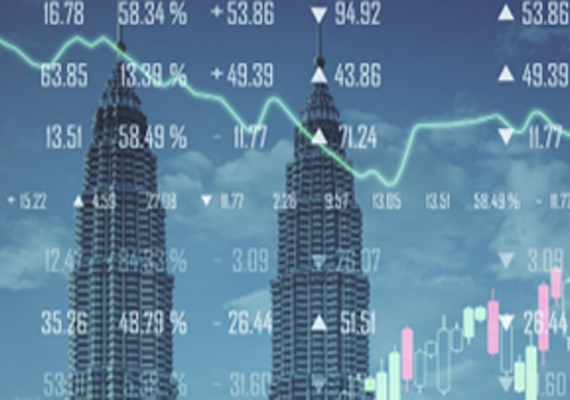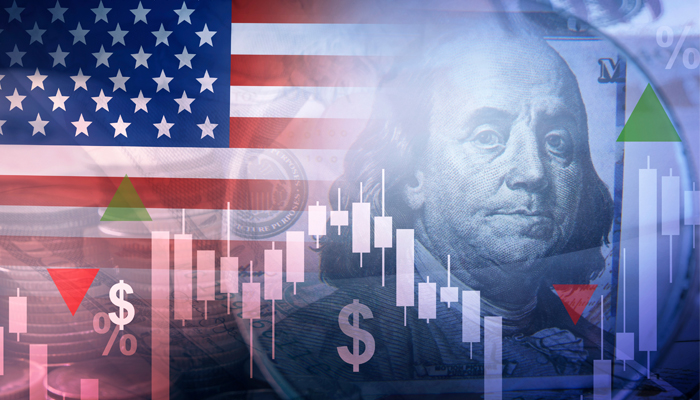
Understanding the Economy: It Depends Who is Doing the Measuring
You see one headline that says, "Inflation Finally Under Control," followed by one that reads, "Banks Wary of Further Inflation." A news outlet announces, "Unemployment Near Record Low." Yet on the same day another says, "Tech Companies Eliminate Thousands of Jobs."
Sometimes it’s hard to determine if we’re in good economic times or bad?
The multi-trillion-dollar financial engine we refer to as “the economy” is unimaginably complex. How it appears to be performing depends largely on which small part of it you measure and, perhaps, who is doing the measuring. For example, inflation was recently reported to be down substantially from record highs of a year ago. Yet it's still about twice as high as the Fed's ideal target.1
Or look at unemployment. Tech companies, such as Microsoft, have announced that they will be reducing their payrolls by thousands of workers. But this comes after adding tens of thousands of new employees during the pandemic. And the reductions are expected to come mostly through attrition and not hiring existing open positions.
This "framing effect" can even affect rigorous economic research. Early this year, the Conference Board's monthly consumer confidence index fell sharply. Yet for the same period, the University of Michigan's consumer sentiment index was up by 12%. The discrepancy, it turns out, is because the Conference Board measures changes in the labor market and inflation, while the Michigan survey is more focused on household factors like gasoline prices.
Adding to this perception problem, we all tend to project our own situation onto the economy at large. If we can't find a job, unemployment is a problem. If the landlord raised our rent, then rising housing costs are an issue.
The polling company Gallup found, unsurprisingly, that people's political affiliation has a significant effect on their economic expectations for the near future. If you support the party in power, you think things will be getting better. If you like the opposition, you tend to be much more pessimistic about what's around the corner.
It's good to remember that economic data is a generalization describing what happened for hundreds of millions of people. Your experience most likely has been, and will be, very different.
An investor with a long-term focus, won’t need to worry about what the experts say is going to happen, especially in the near future. Working in partnership with our advisors, you are free to continue along the financial plan created specifically for your unique situation and based on real numbers.
Rather than fearing the future, you can take a diversified, long-term approach that expects ups and downs, including those related to the never-ending cycle of financial news. Acting on the things you have control over is much more productive than worrying about guesses on macro level trends.

Related articles

In 1902 the New York Evening World newspaper used the phrase "feel like a million bucks." This was a brand new idiom for expressing a feeling of extraordinary well-being.1 At the time, surgeons and...

Benjamin Franklin was so varied in his accomplishments; he almost seems like a mythical character. One of the leading scientists of his time, he discovered key principles of electricity and first...

We love our cars. They get us to work. Haul all our stuff home from the store. And allow us to enjoy those weekend road trips in comfort. But even more than that, a car is a powerful personal...